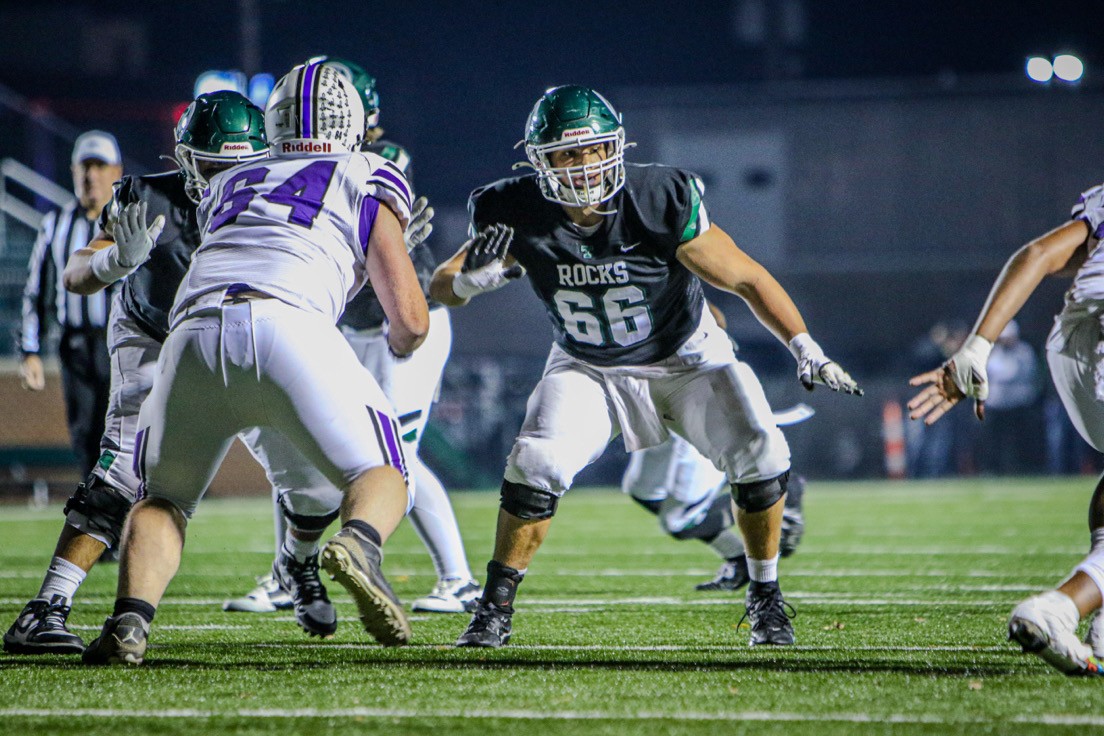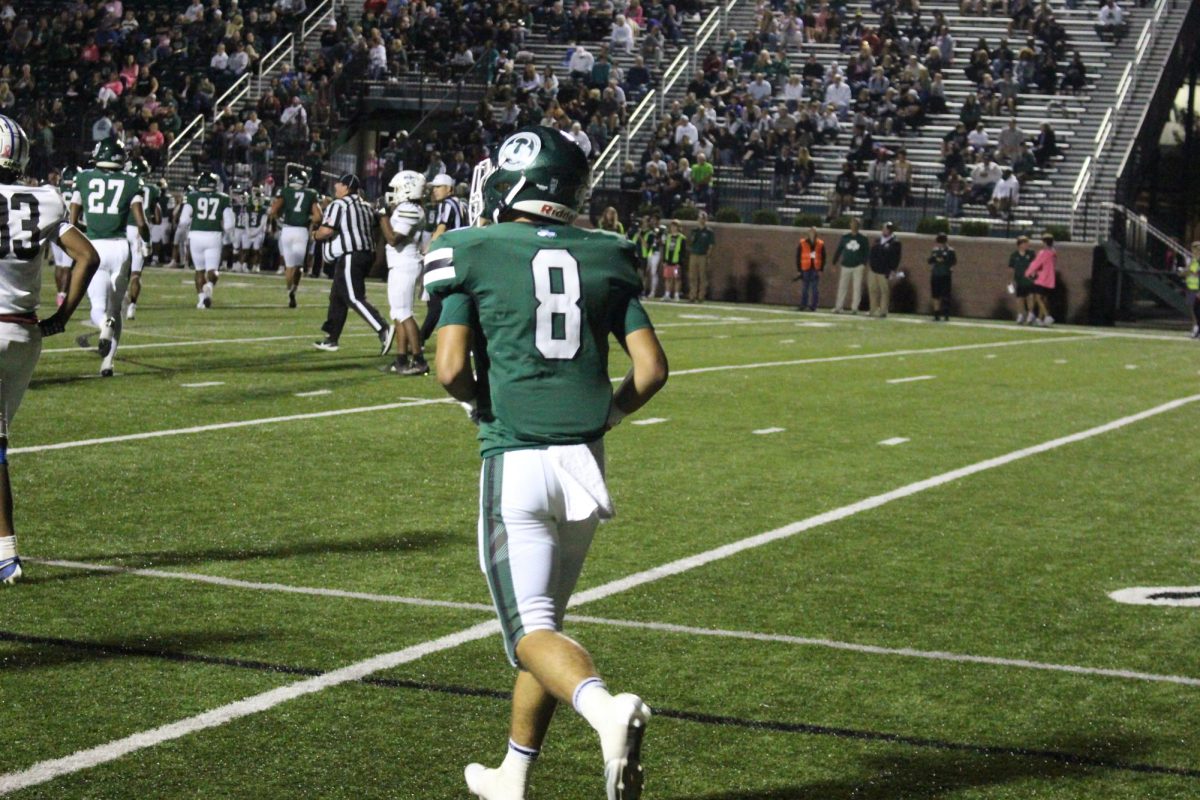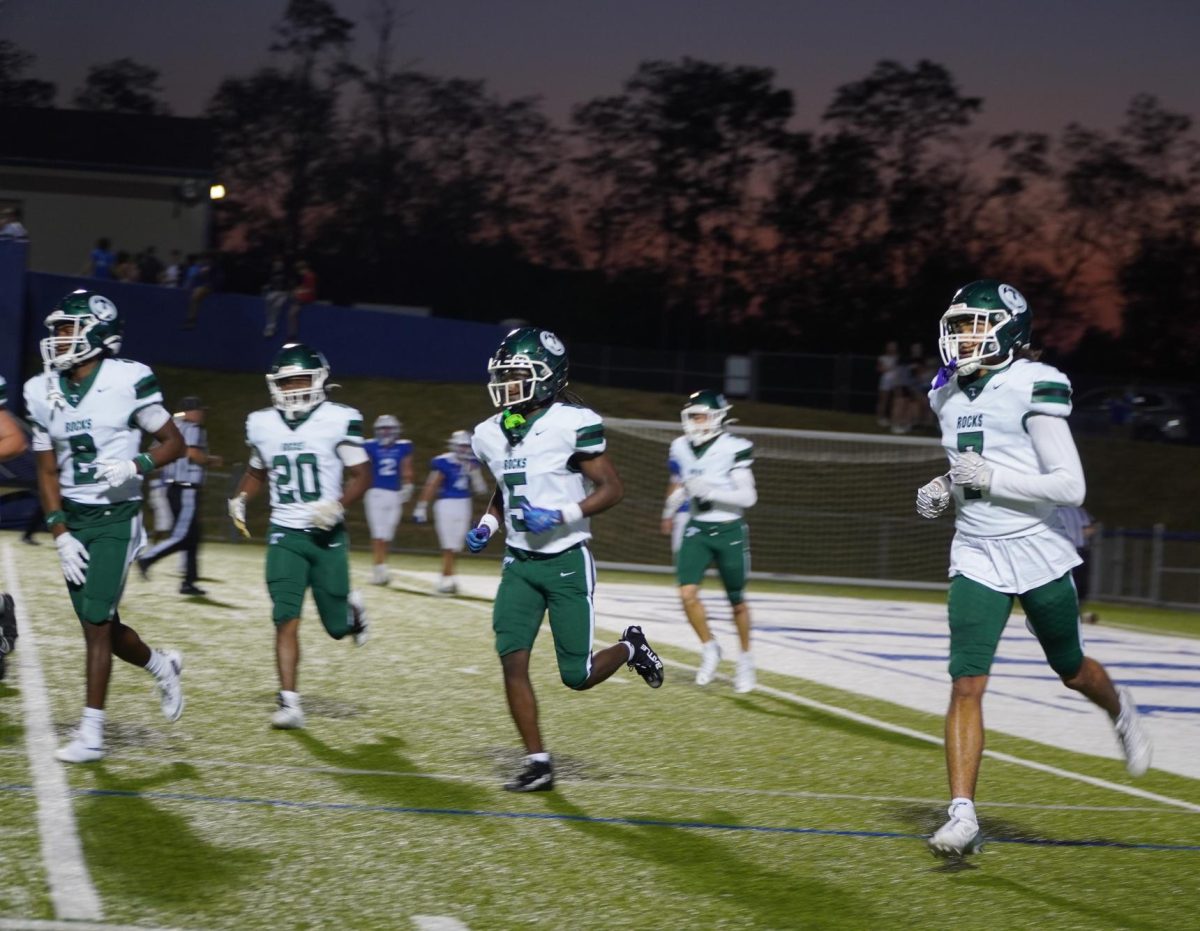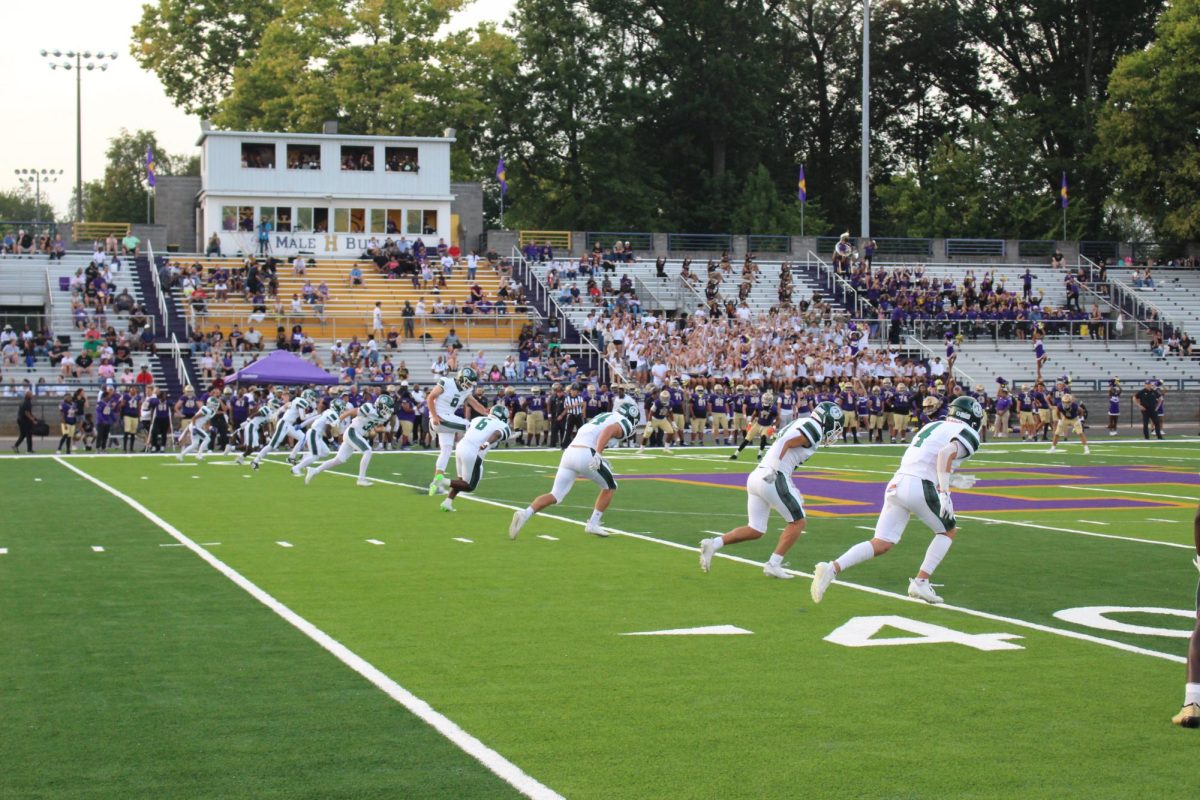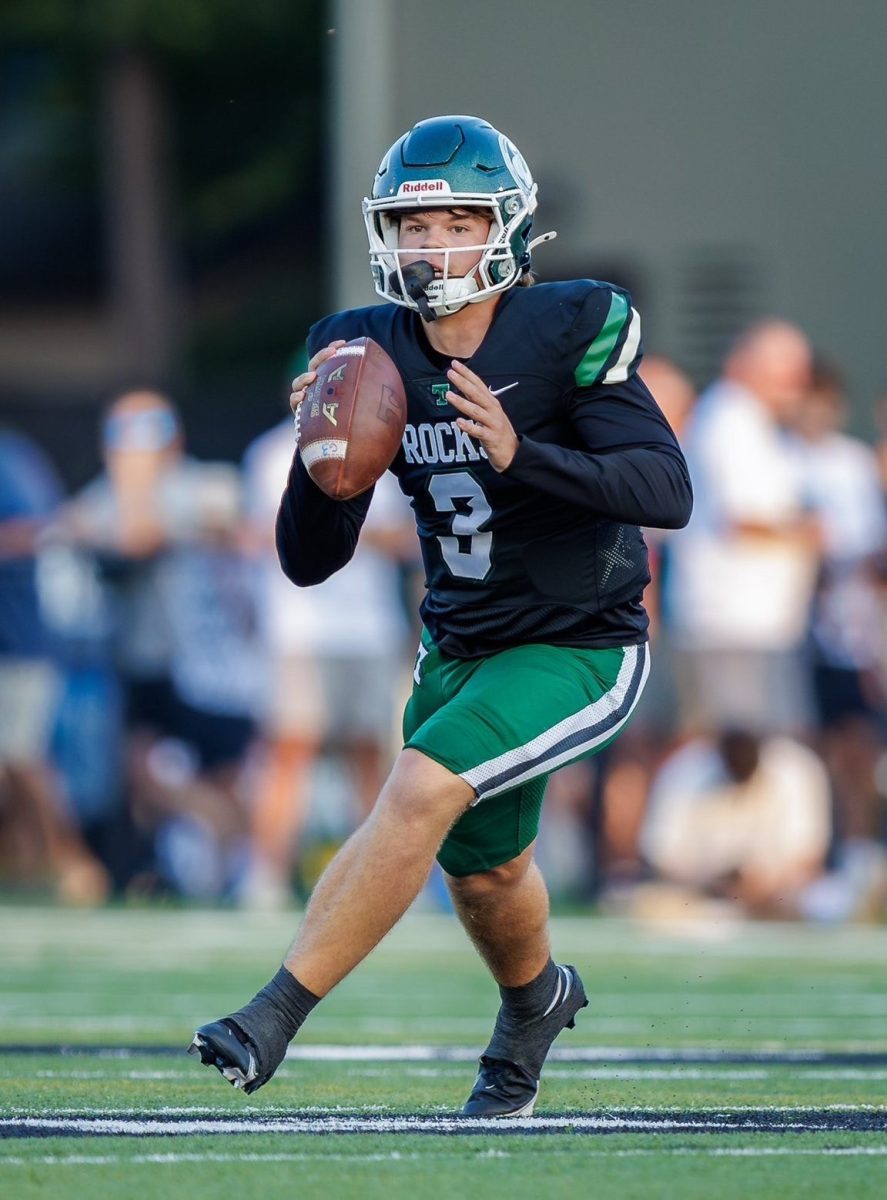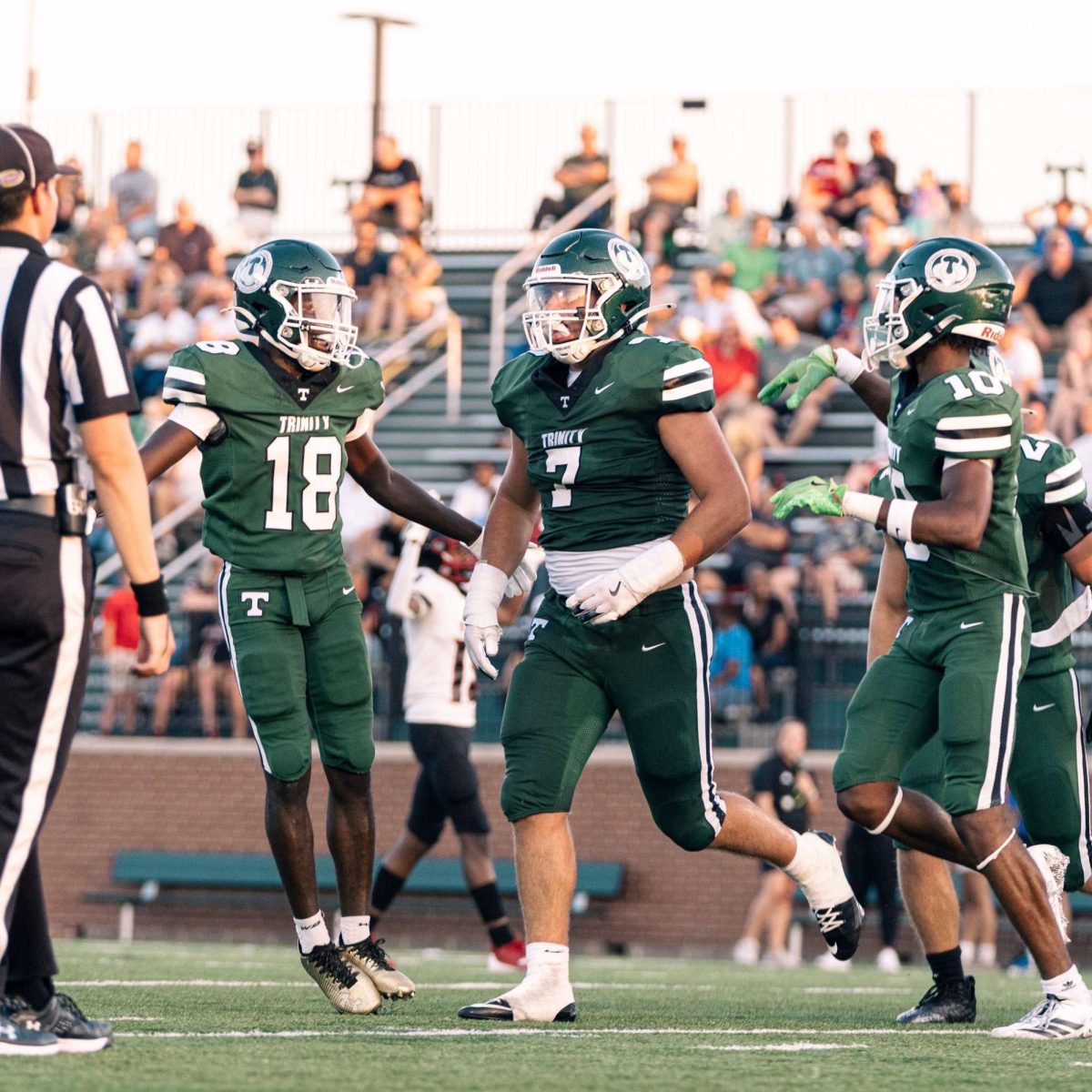The Kentucky High School Athletic Association caused an uproar in the state’s high school sports community with a directive in October that stated: “Any incidents by an individual squad member (including coaches) or group of squad members that results in unsporting acts immediately following the contest will result in a penalty against the member school athletic program, and additional penalties against the individuals or schools as deemed appropriate following investigation.”
The directive, in essence, took the responsibility away from referees to make sure fights don’t break out after high school sporting events and put it on school administrators and coaches, specifically when players are shaking hands and congratulating each other. Referees are encouraged to leave the field directly at the end of a game.
Many interpreted the KHSAA’s statements as ruling out handshakes completely from high school athletics, causing confusion and angst among Kentucky schools and getting various reactions nationally.
In a recent interview, KHSAA Commissioner Julian Tackett said taking away handshakes was never the goal — and anyone who thinks so is wrong.
“(Handshakes) have never been prohibited. Matter of fact, they’re encouraged,” Tackett said. “What’s developed over the last few years is an assembly line. It’s a situation where you really need to pay attention to what’s going on. In a world with YouTube, people want to be the next sensation and are liable to do something really, really stupid if they aren’t supervised.”
Tackett and the KHSAA is instead trying to create a safer environment for handshakes.
“There’s been a number of incidents, not only in our state but across the country, where there’s been emotionally charged situations,” he said. “We’ve had fights, shoving and unsportsmanlike conduct going on. We wanted to remind everybody it’s their job to pay attention to what’s going on after the game. Don’t just start taking down the field and putting things away. Make sure the kids are completely done; it’s not the officials’ job.”
“I don’t remember seeing any postgame fights during handshakes,” said Jason Frakes, high school sports reporter for The Courier-Journal.
The KHSAA’s report cites more than two dozen incidents in the last three years in Kentucky. Schools can now be fined up to $1,000 for post-game altercations.
“There was nothing changed,” Tackett said of the directive. “There was never word that people should stop shaking hands. If people would have read the first part, read the second part, then they would have gotten the message that said don’t do it unless you can supervise it.”
“Had we done what some people jumped to the conclusion we were trying to do — had we actually tried to stop handshakes, which was never written nor discussed — then I would have been just as upset as some of the people were. Sometimes you just have to give some people a pulpit when they think there’s a problem, but then they later find out there hasn’t been (a problem) and move on to something else.”
Of promoting sportsmanship, Tackett said, “Our goal would be that administrators keep those expectations very high, that the students interact with each other both before and after the game, and that we never have anybody ejected. ”
Student-athletes at Trinity expressed the need to keep handshaking as a post-game tradition.
“I don’t think it’s a good idea to take away handshakes,” Trinity High School soccer midfielder Jacob Gantt said. “It takes away from the sportsmanship aspect of the game. We’ve been doing it all our lives. I don’t see why we should quit now, as it’s never caused any problems before.”
“You get to tell the other guy good game, or hear someone else tell you that you had a good game,” football player Will Washle said. “There’s always a mutual respect. There’s always been a peaceful handshaking environment. I don’t know if the KHSAA’s directive is a good idea or not, but I’m all for handshakes after the game.”
“I’m not against post-game handshakes,” Frakes said. “I just don’t think they should be required, and there probably are times when it’s better not to do them. I don’t believe they’re necessary for good sportsmanship. I believe it’s more of a tradition. I believe good sportsmanship can be found in many ways — helping up a fallen player during a game or complimenting the opponent in a post-game interview.”
Despite the negative reactions expressed by some who work with Kentucky high school athletics, Tackett said, “They’re unhappy that we want it supervised? Well, they’ll just have to be unhappy. There’s never anyone who said stop shaking hands.”
Tackett said the KHSAA isn’t trying to prevent potential litigation with the new directive. “It doesn’t have anything to do with that,” Tackett said. “It doesn’t protect us. If something happens, we’re going to be involved anyway. It has everything to do with us trying to get our schools to be aware the game doesn’t end when the final horn goes off. They’ve got a duty to keep the playing environment safe all the way until the conclusion.”
The KHSAA directive has stimulated discussion about the benefits of high school sports beyond wins and losses.
“One benefit — well, two, I guess — would be learning discipline and how to work with others,” Frakes said.
“It’d be nice if people came to the Youth Leadership conference we do,” Tackett said. “We have several student-athletes that win scholarships for sportsmanship and citizenship. I wish that would be what people read about, instead of people getting into a fight.”


